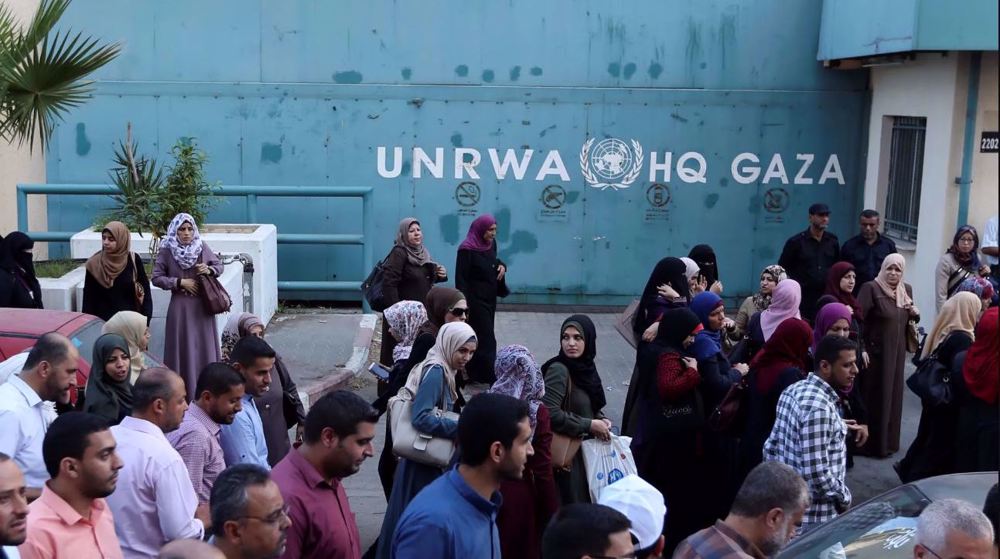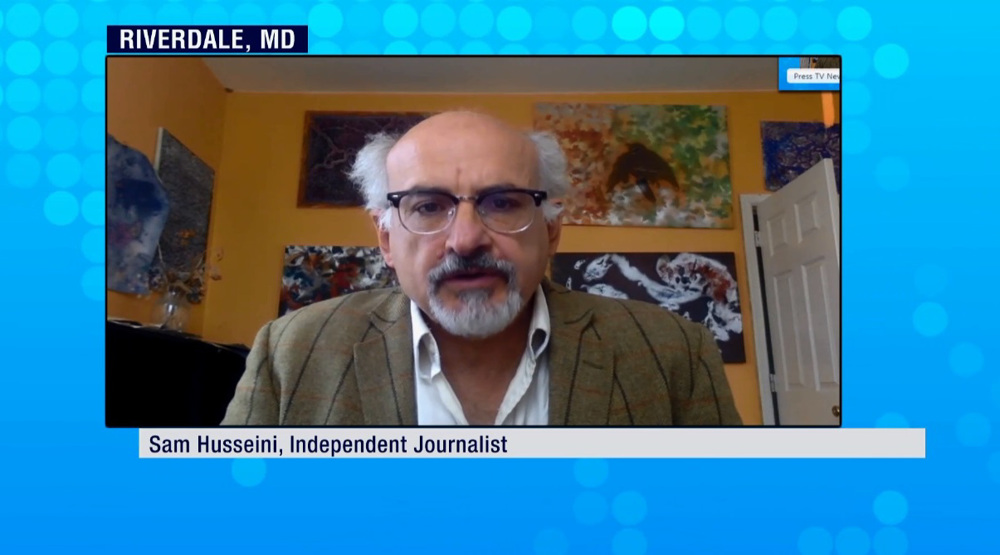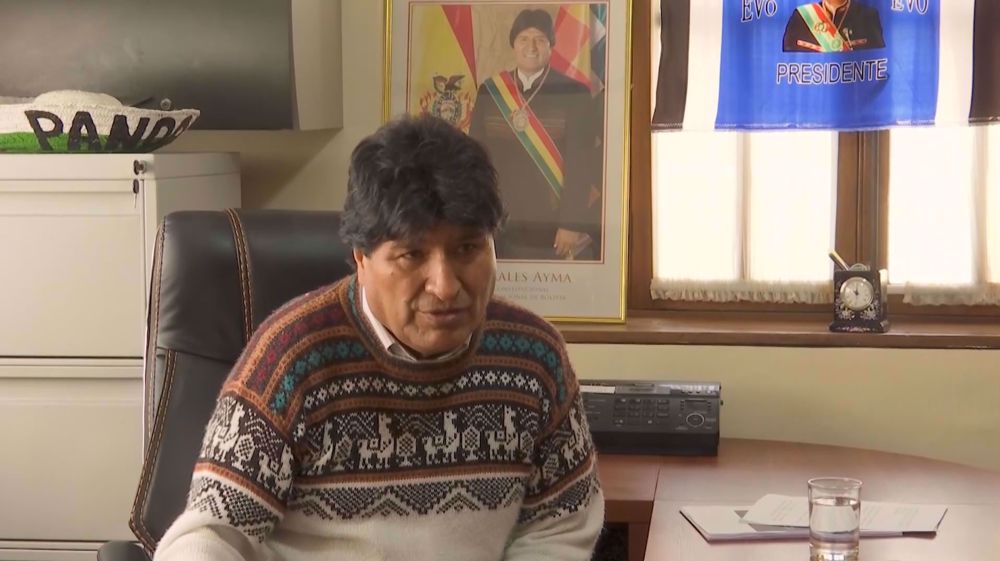'Saudi Arabia trying to put blame on Qatar for own defeats'
One of the worst diplomatic crises among Arab countries in years is unfolding. Saudi Arabia and several of its allies have cut all diplomatic ties with Qatar, accusing the Persian Gulf country of supporting terrorism and interfering in their internal affairs. The rift in Arab ties has raised questions as to why it is happening shortly after US President Donald Trump’s visit to the region and how it may affect the fight against Daesh. The following is a synopsis of Press TV’s interview with journalist and political commentator Marwa Osman, and US foreign policy and national security analyst Lawrence J. Korb, over the recent tensions among the Arab countries of the Persian Gulf.
Marwa Osman maintains that the defeats Saudi Arabia and its allied countries have suffered over the last year in the face of the resistance movement in the Middle East, particularly in Syria, have driven them to make a scapegoat of Qatar and pin the blame on it alone.
“The basic thing that is happening here is that we have to look at the battlefield. The battlefield tells us everything,” the analyst noted.
“All of these nations have been directly involved in training terrorists whether in Libya, Syria, or Iraq. Libya is an exception. But look what is happening inside Syria and Iraq. For the past week, thousands of kilometers have been liberated by both the Iraqi army, the PMU, and the Syrian Arab Army and its allies and the resistance in Syria. This spells out defeat … So someone has to take the fallout of the battlefield. Someone has to take the fallout of the offensive being failed inside Syria and Iraq,” Osman argued.

The other panelist Lawrence J. Korb, however, said that the tensions between Qatar on the one side, and Saudi Arabia, the UAE, and Egypt on the other, mostly stem from Doha’s support for the Muslim Brotherhood and Hamas which are considered as threats to those countries’ system of ruling.
He also described the struggle between the Arab countries as a severe blow to the so-called anti-terror coalition which, according to him, is fighting terrorist groups like Daesh in Syria.
The analyst ultimately described the ongoing diplomatic crisis as a transient problem which was inevitable regarding the frustration caused by the leaked emails of the UAE’s ambassador to the US.
A hacker group called "Global Leaks" recently released a series of emails from the inbox of UAE Ambassador to the United States, Yousef al-Otaiba. The emails show a close relationship between Otaiba and pro-Israel neoconservative think-tank Foundation for Defense of Democracies (FDD).
They also indicate the close collaboration between the FDD and the UAE on efforts to downgrade the image and importance of Qatar as a regional and global power. The campaign includes collusion with journalists who have published articles accusing Qatar and Kuwait of supporting "terrorism."
“But I think cool heads will prevail and recognize that they have more in common than they disagree with. They don’t agree completely on a lot of things as I mentioned. Egypt is not happy with the support of the Muslim Brotherhood. They were not happy when the United States supported the Muslim Brotherhood. But I do think that they will get over this and continue to focus on ISIS [Daesh],” Korb concluded.
Iran’s security chief in Russia to underline Israel’s aggression
VIDEO | Smoke rises from Gaza as fighting continues
ICRC decries escalating Israeli raids across occupied West Bank
Israel still prevents food convoys from reaching north of Gaza: UNRWA
NYPD arrests multitude of pro-Palestine students at NYU campus
Iran’s decisive response to Israel disrupted enemy’s equations: Hamas
Iran releases details of confiscated Israeli transit cargo
VIDEO | Press TV's news headlines









 This makes it easy to access the Press TV website
This makes it easy to access the Press TV website